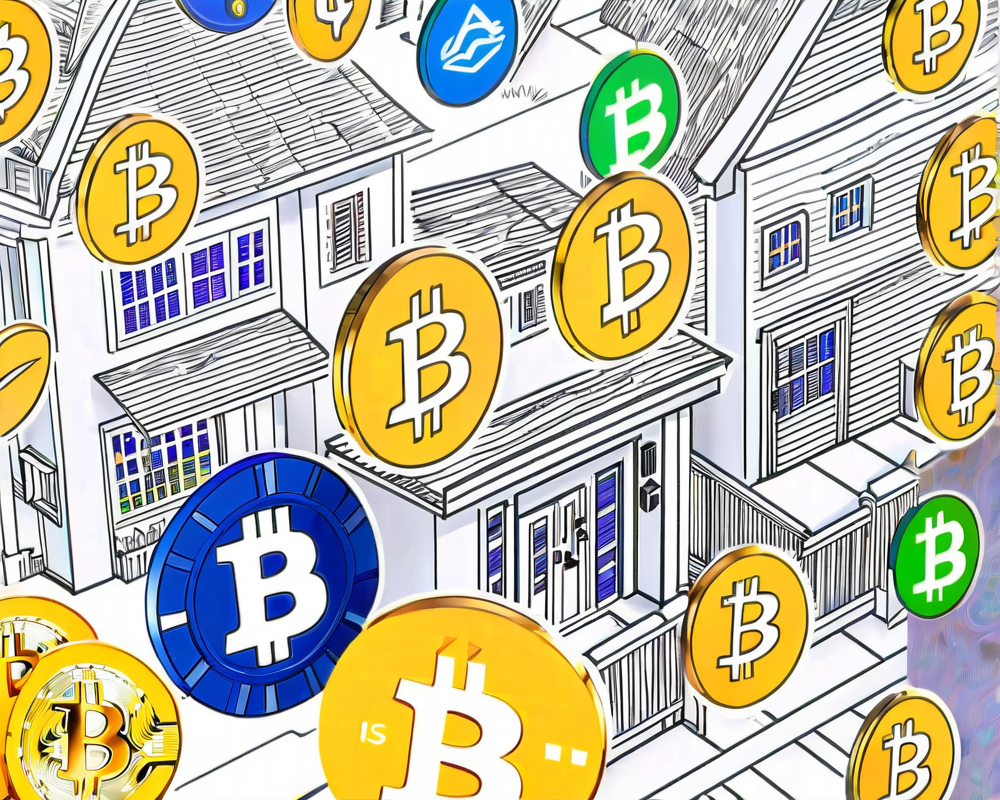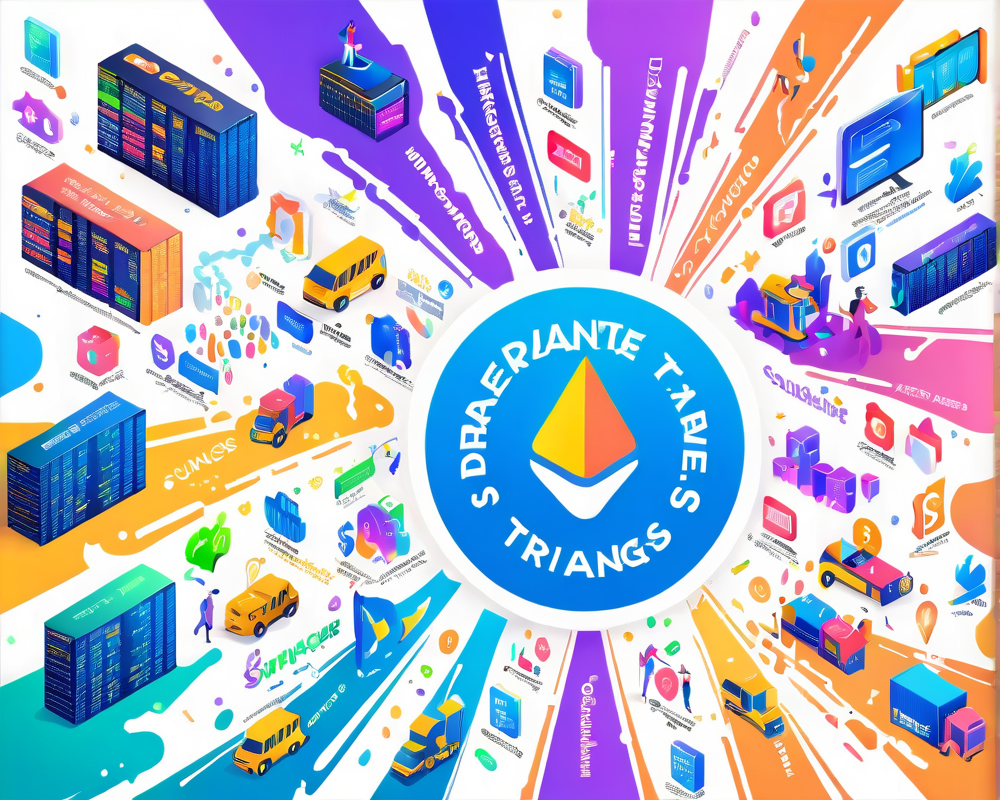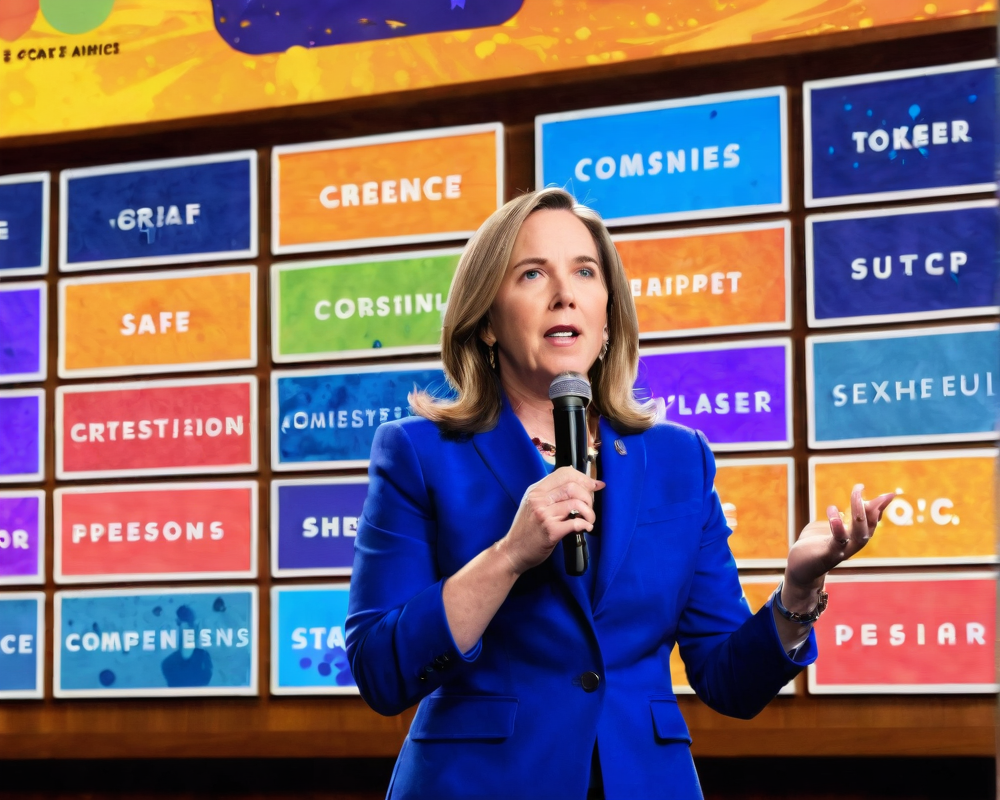MercadoLibre Takes a Bold Step
On April 28, MercadoLibre, the titan of Latin American e-commerce with a wallet-busting valuation of $81 billion, opened a shiny new section in its marketplace: real estate transactions using cryptocurrencies. While they haven’t quite gone full-on crypto-manic, as the company isn’t managing property transactions directly, they’re paving the way for this digital currency to find its footing in the property game.
A Giant in the Game
MercadoLibre is no small fish in the sea. It reigns as the second largest company in South America and has a sprawling presence across 18 countries, including Brazil, Argentina, and Mexico – the holy trinity of Latin American markets. Plus, with built-in tools like Mercado Pago for digital payments and Mercado Envios for shipping and logistics, they’re armed to the teeth for success in the real estate pool.
The Offerings: A Smorgasbord of Properties
The array available in their new real estate section reads like an overstuffed buffet: houses, condos, land, and even commercial properties are on the menu. These offerings span major cities like Buenos Aires, Santa Fe, and Cordoba, creating a delightful mix for crypto enthusiasts looking to invest beyond the bank.
A Wave of Interest
Initially, crypto in real estate might look like a niche market, but don’t be fooled. Over 300 real estate agents flocked to Mercado Libre’s webinar, eager to unravel the mysteries of cryptocurrencies and explore how this digital innovation might stir the property sector up. Yet, for all the hoopla, only about 90 listings have been posted so far, and prices are still stuck in the comforting arms of USD.
The Transaction Tango
Here’s how the dance goes down: Just like any other currency transaction, the purchase is settled outside the Mercado Libre platform. Buyers can whisper sweet digital nothings into real estate agents’ ears, asking to use cryptocurrencies at the deal-closing exchange rate. It’s a bit like ordering off-menu at an upscale restaurant—exciting but requires a bit more effort.
The Inflation Equation
Why does crypto suddenly seem appealing? Enter Argentina, a country that could wear the crown for cryptocurrency adoption. With a staggering GDP drop of 10% in 2020 and an eye-watering inflation rate of 42.6% over the last year, buying power has taken a serious hit. And as if that weren’t enough, the central bank has tightened the squeeze, allowing only $200 worth of foreign currency per month for purchase. Cue the crypto excitement! For many, cryptocurrencies have become the shiny new store of wealth, shining brighter than gold in a jewelry store.
As Mercado Libre continues its venture into the realms of cryptocurrency and real estate, one can only ponder: could we soon see digital coins vying for attention among the traditional payment options in this vibrant marketplace? Only time will tell! In the meantime, consider their new real estate section as a little test drive of what might just be the future of transactions in Latin America.
Conclusion
Whether this experiment blossoms or fades into obscurity remains to be seen, but there’s something undeniably intriguing about the interplay of traditional markets with innovative digital currencies. Is this the new frontier? Who is to say! But you can bet your last Bitcoin that all eyes will be on Mercado Libre as this drama unfolds.




